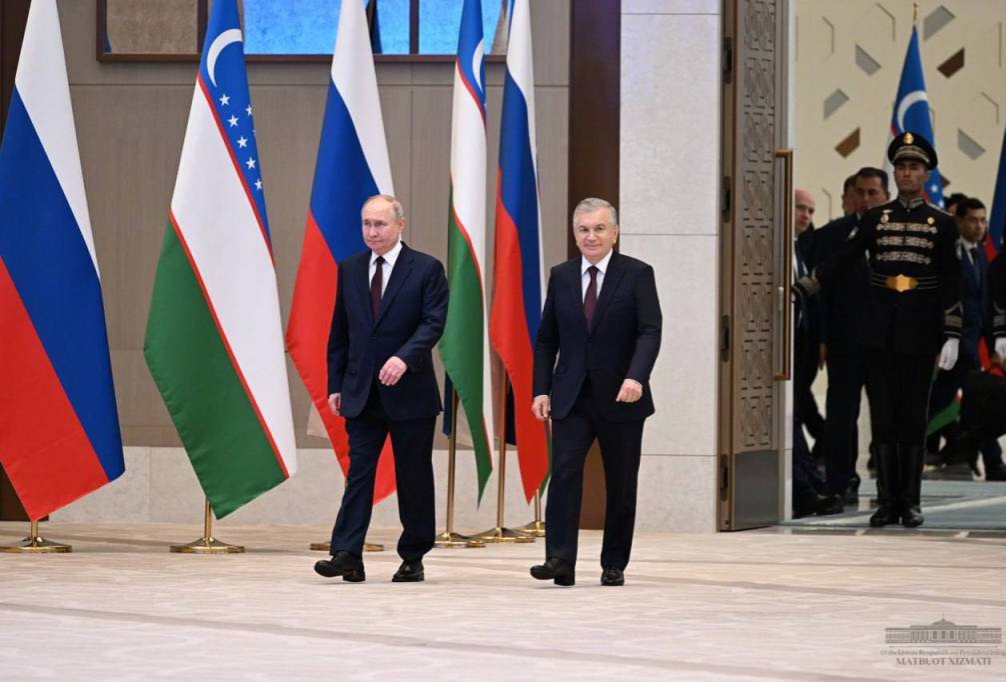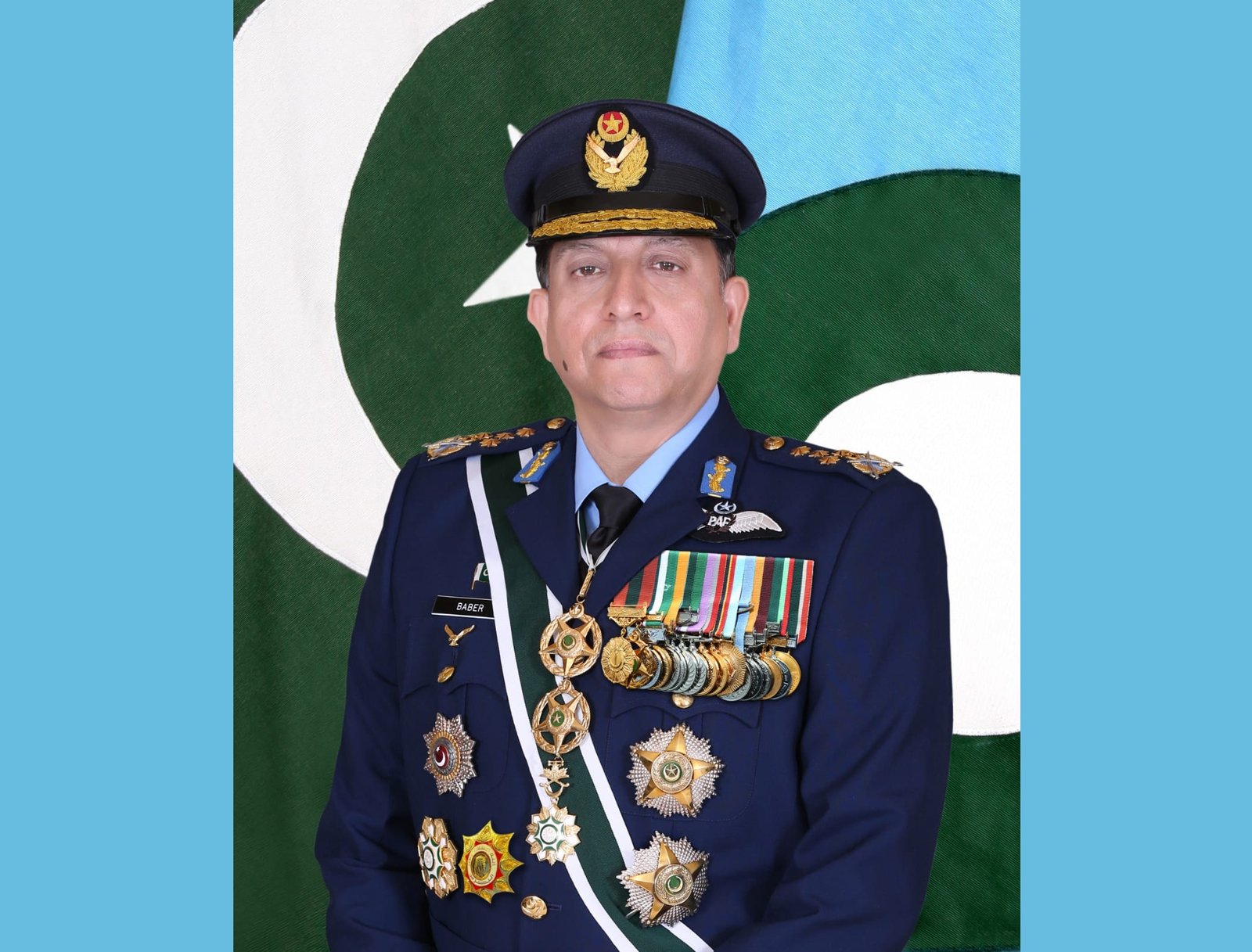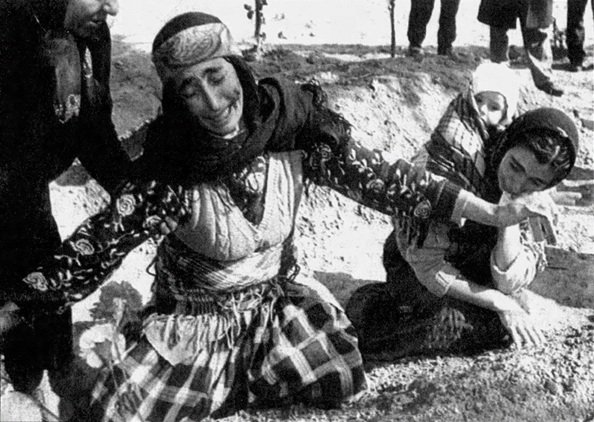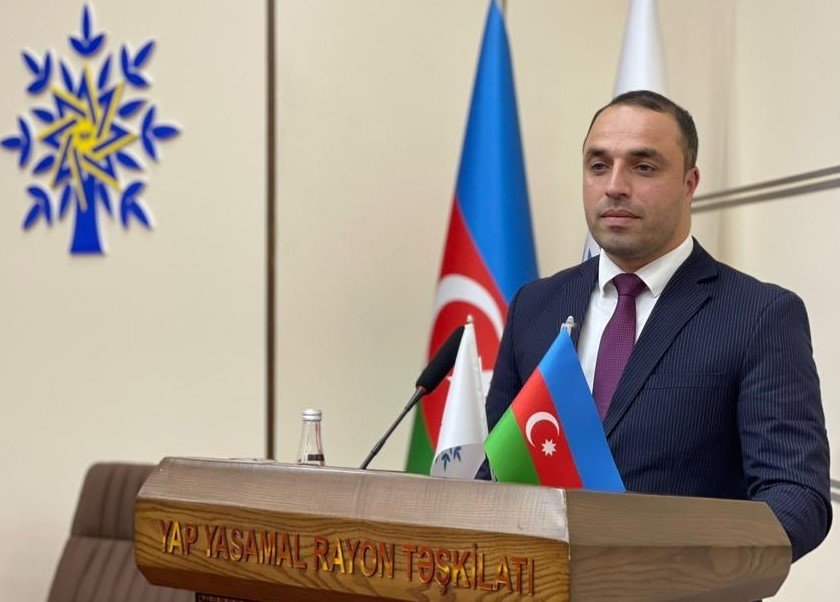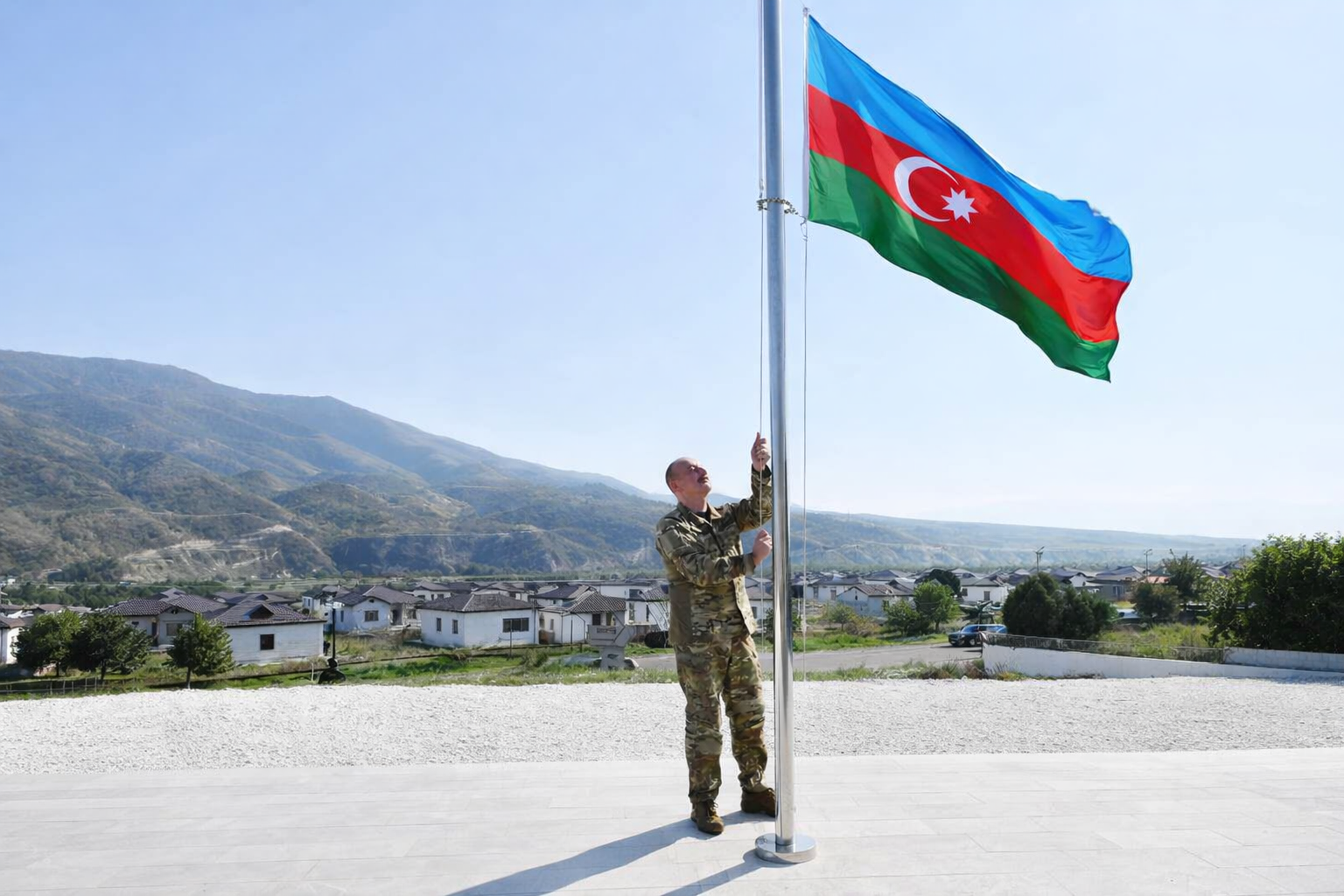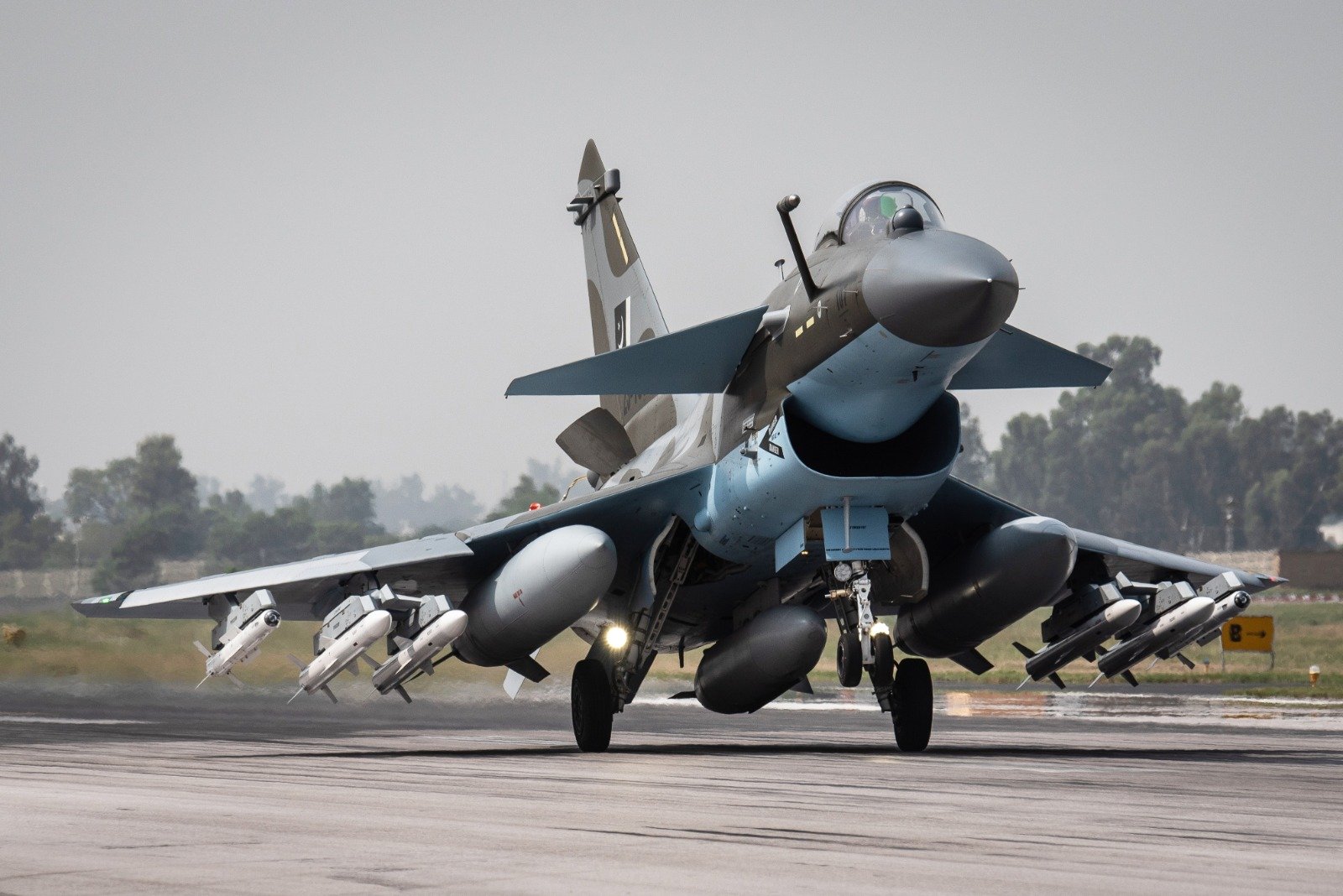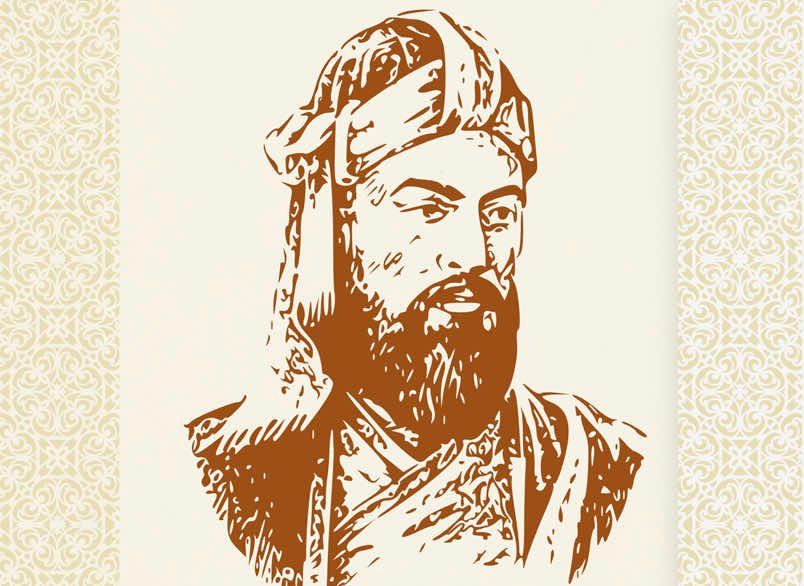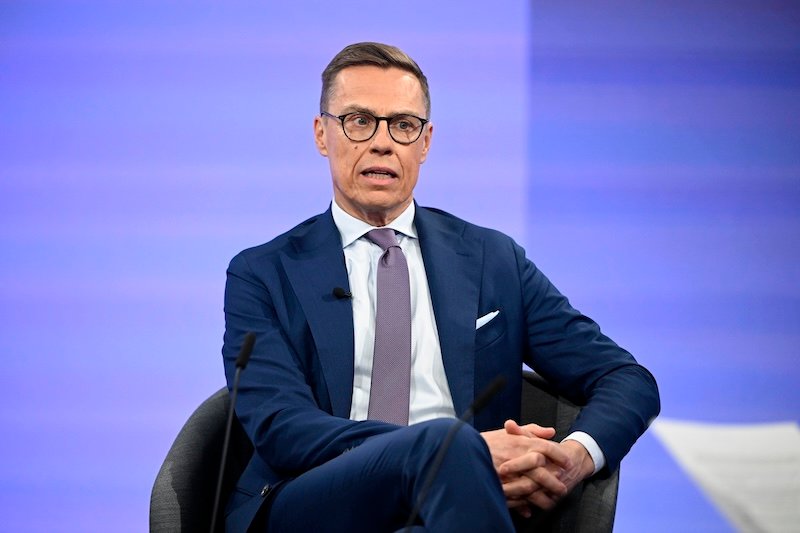The first meeting of the Council of Regions of Uzbekistan and Russia, chaired by Uzbek President Shavkat Mirziyoyev and Russian President Vladimir Putin, marked a significant milestone in the bilateral relations between the two countries. Held in Tashkent on May 27, this platform was initially established as a Forum for Interregional Cooperation six years ago. However, due to the rapid development of interregional ties, the increase in mutual investments, and the proliferation of joint projects, it was decided to elevate the forum’s status to the Council of Regions, underscoring its importance and potential.
President Mirziyoyev warmly welcomed President Putin and the Russian delegation, which included heads of approximately 30 regions and 300 representatives from leading industrial enterprises and businesses. Highlighting the effectiveness of this cooperation, President Mirziyoyev noted the substantial progress made in enhancing the long-term partnership between Uzbekistan and Russia. The meeting reflected a shared commitment to expanding and strengthening a full-scale partnership, with the leaders expressing satisfaction over the intensification of contacts at various levels, particularly between the regions of the two countries.
One of the key outcomes of the meeting was the agreement to significantly increase the volume of trade turnover to $30 billion and investments to $10 billion in the coming years. President Mirziyoyev emphasized the critical role of regional cooperation in achieving these goals. Over the past seven years, trade turnover between Uzbekistan and Russia has increased by 2.5 times, with mutual supplies improving in quality, particularly in products with high added value. The main partners in this cooperation include major Russian cities and regions such as Moscow, Saint Petersburg, Tatarstan, and others. To further support trade and cooperation projects, Uzbekistan announced the opening of a full-fledged trade mission in Russia.
The meeting also highlighted the dynamic investment and technological cooperation between the two countries, with more than 3,000 Russian companies operating in Uzbekistan. Significant projects are being implemented across various sectors, including energy, agriculture, logistics, and manufacturing. The Khimgrad Industrial Zone in Tashkent region, in collaboration with partners from Tatarstan, is expanding, with a new branch in Jizzakh region. The total portfolio of joint projects now exceeds $45 billion, with agreements reached during the summit for an additional $20 billion in new projects.
Agriculture was identified as a priority area for further cooperation, with plans to expand the network of agricultural centers in Uzbekistan and develop wholesale distribution centers in Russia. The creation of a joint investment platform was also announced to support and finance regional projects. Cultural and humanitarian exchanges were emphasized, with 14 branches of leading Russian universities already established in Uzbekistan. New branches of the Bauman Moscow State Technical University and the All-Russian Academy of Foreign Trade are also planned. The meeting concluded with a call for enhanced business participation in joint projects and initiatives, and the announcement of several new major investment projects. Overall, the meeting underscored the deepening and broadening of multifaceted relations between Uzbekistan and Russia, paving the way for a stronger and more integrated partnership.

Mr. Muhammad Ali Pasha is an analyst and expert on Central Asia, South East Asia, China, Türkiye and Middle East having experience in the field of article writing in various renowned journals and newspapers across the globe. Furthermore, he is a writer and poet.
Owner and Patron-In-Chief of “The Gulf Observer”, Chairman “The Gulf Observer Research Forum”, Foreign Affairs Expert, Analyst, Writer and Poet.
